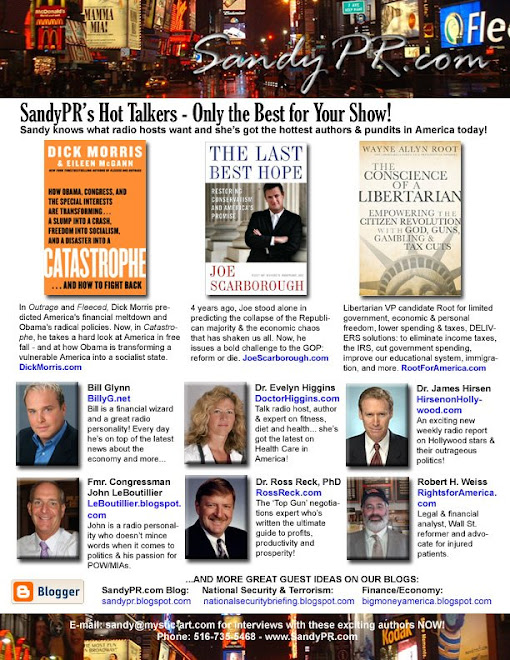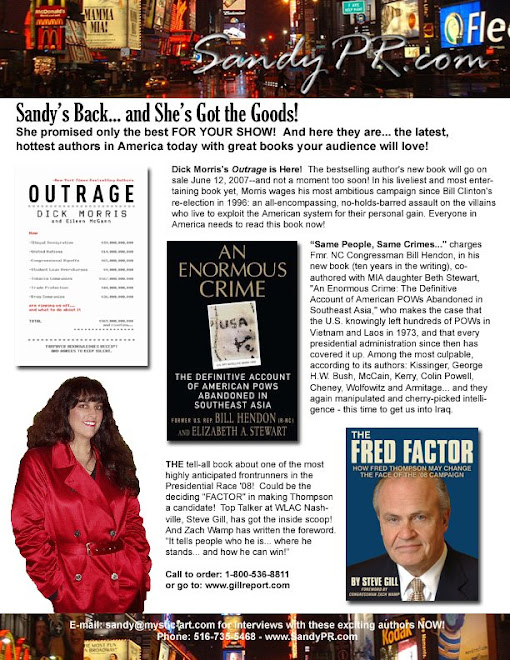|
|
A Short History of Relations
Between Peoples
How the World Began to Move
Beyond Tribalism
By Professor John M. Ellis
Distinguished Professor John M. Ellis’s new book, A SHORT HISTORY OF RELATIONS BETWEEN PEOPLES explains how the tribal attitudes that different peoples and nations had toward each other 500 years ago have undergone a profound and positive change, and as he tells that story he demolishes everything that Critical Race Theory (CRT) tries to tell us about matters of race and racism both recently and in the past.
For most of recorded history, neighboring countries, tribes, and peoples everywhere in the world regarded each other with apprehension - when not outright fear and loathing. Tribal or racial attitudes were virtually universal, no one group being much better or worse in this respect than any other - and for good reason given the conditions of life before the modern era. Without any kind of modern travel or communications, most people knew little of what was going on outside the place where they lived, and they tended to fear strangers.
Prof. Ellis explains how a confluence of discoveries, inventions, explorations, as well as social and political changes gave birth to a new attitude, one expressed succinctly in the Latin phrase: gens una sumus - WE ARE ALL ONE PEOPLE. The most crucial finding of the book is that the origin, development, and worldwide spreading of this modern anti-tribalist, anti-racist ideology was almost entirely the work of the British and their north American cousins. They are not the villains of the story, as CRT wants us to believe, but instead its heroes.
The ideology of “We are all one people” has by now become a modern orthodoxy, however inconsistently or even hypocritically it may sometimes be espoused. Ellis tells the story of how the transition happened, setting out the crucial stages in its progress as well as the key events that moved it forward, and identifying the individuals and groups that brought about the eventual dominance of this new outlook.
In Prof. Ellis’s new book, you’ll therefore learn about:
·
The tribal state of
the world before 1500;
·
The beginnings of a
new outlook pioneered by the British Enlightenment thinkers in the 18th
century;
·
The spread of this
outlook, first by means of the British Empire, and then as the British
industrial revolution creates a universal modern way of life;
·
The importance of the
early spread of literacy in Britain; and
· CRT’s disastrous ignorance of history, and its identification of the heroes of this story as its villains.
Ellis’s historical account is a compelling story in its own right, but it is also a useful inoculation against the destructive ideas of today’s race hustlers. In explaining how the historical record makes nonsense of CRT, Ellis’s book amounts to the most fundamental and complete refutation of that pernicious ideology. [more...]
"The ideas that the
Left uses to calumny Western civilization - accusing the West of violating
equality, tolerance, and human rights - are exclusively the products of Western
civilization. Sadly, the Left is getting away with this sleight-of-hand, as the
would-be guardians of our civilization hang their heads and proclaim the West
guilty as charged."
--Heather Mac Donald, author of When Race Trumps Merit and The War on Cops
ABOUT THE AUTHOR: John M. Ellis is Distinguished Professor Emeritus of German Literature at the University of California, Santa Cruz. He taught at universities in England, Wales, and Canada before joining UCSC in 1966, serving as dean of the Graduate Division in 1977–86. He is the author of eleven books, including Literature Lost (Yale) and most recently The Breakdown of Higher Education. He founded the Association of Literary Scholars and Critics in 1993 and served as president of the California Association of Scholars from 2007–13, continuing as chairman of its board since then. His articles on education reform have appeared in prominent national publications and he is a frequent guest on TV and radio in America.






